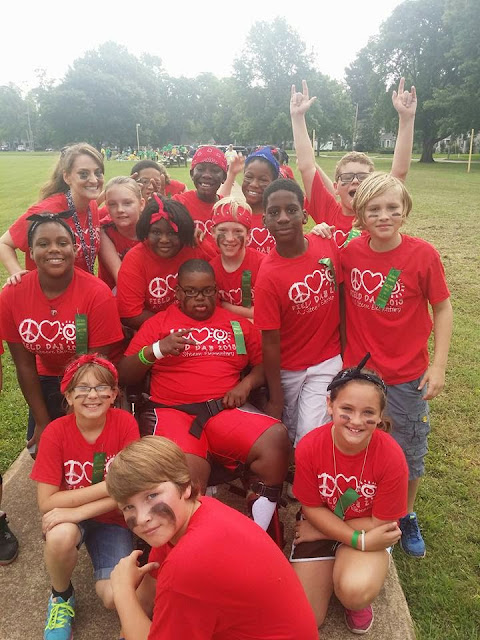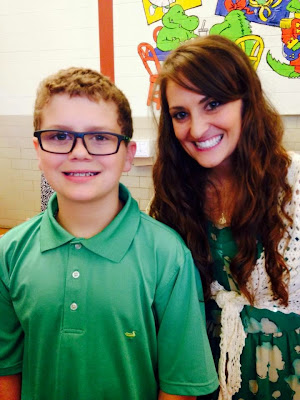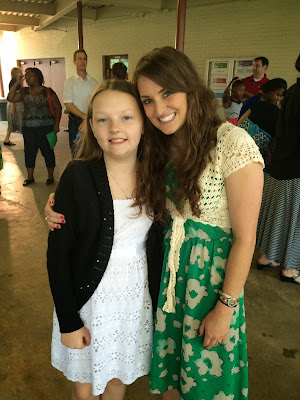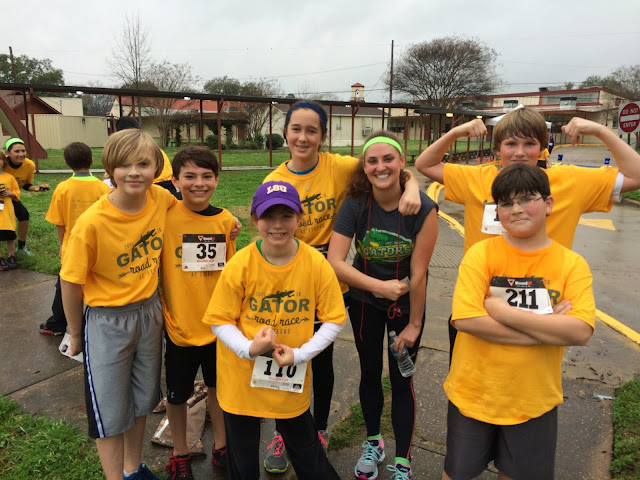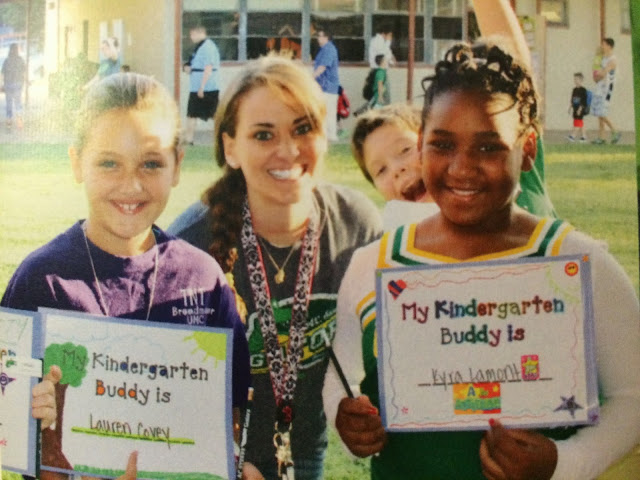Well, my Five for Friday is going to seem a bit scarce compared to the school year! lol Here is what's been going on this week.
I've really been enjoying my summer and getting to relax some with my babies!
Here's a pic of all three of them being lovey on my bed! So sweet!
Teemo
Pumpkin
As we speak, I am at Barnes and Noble working on a Wonders modeled lesson for a workshop I will be doing in August. I'm working with another fabulous teacher, Nicole Nelson. We will be modeling how to teach a day 1 and day 2 lesson at the workshop. This should help new teachers and teachers who are just overwhelmed with the textbook series. I feel very unqualified to be modeling this, considering my lessons are very different. I teach using novels, as you all know. I connect my novels to the big idea in Wonders, but I don't spend a lot of time on the Wonders stories.
For those in my area interested in the workshop, it will be August 4th at Stoner Hill from 8:30-3:30. It should be online soon!
Right now, I'm working on tweaking my Inventors Project. I am so excited about it! It will be so much fun for the students! Be looking for a post soon with it on my TPT site!
I currently have two other projects on my TPT. My Holocaust Research Project and Top 5 Contributions to Medicine project. These can be done without reading the novels that we read. We read Number the Stars before they complete the Holocaust project, and we read The Apprenticeship of Lucas Whitaker before doing the Top 5 Contributions to Medicine project. Check them out!
Right now I am reading 4 awesome books!
I am loving all the knowledge I am gaining from this book! I will be taking a workshop next month to, hopefully, reinforce what I've learned! I wrote a post on some things I've learned a few posts ago. I'll be adding more information as I continue to read that will help teachers!
This book is so fascinating. It's written by Temple Grandin, who was the first autistic person to graduate from college. The book includes all sorts of information about how autistic children/people's brains work and how to teach them. It's definitely helping me understand my non-neurotypical students!
I actually started this book during the school year, but didn't have the time to finish it. I had a wonderful student last year with Dyslexia. He ended up getting Most Improved Student for the year! His parents and all the research I did helped me better reach him. I really connected with him and understood Dyslexia so much more. This book takes a different approach with Dyslexia. Instead of looking at it as a disorder, it looks at how Dyslexia can actually be an advantage. Many inventors have Dyslexia! Find out why by reading this book!
Aside from all my research, I am also reading this one for myself! It's so great! I have such an analytical mind that I often question my faith. This book definitely is helping me!
Last, but not least, I am a new God Mother to our close friends' new baby boy, Liam! Check out how precious he is!
Have a great weekend!






















